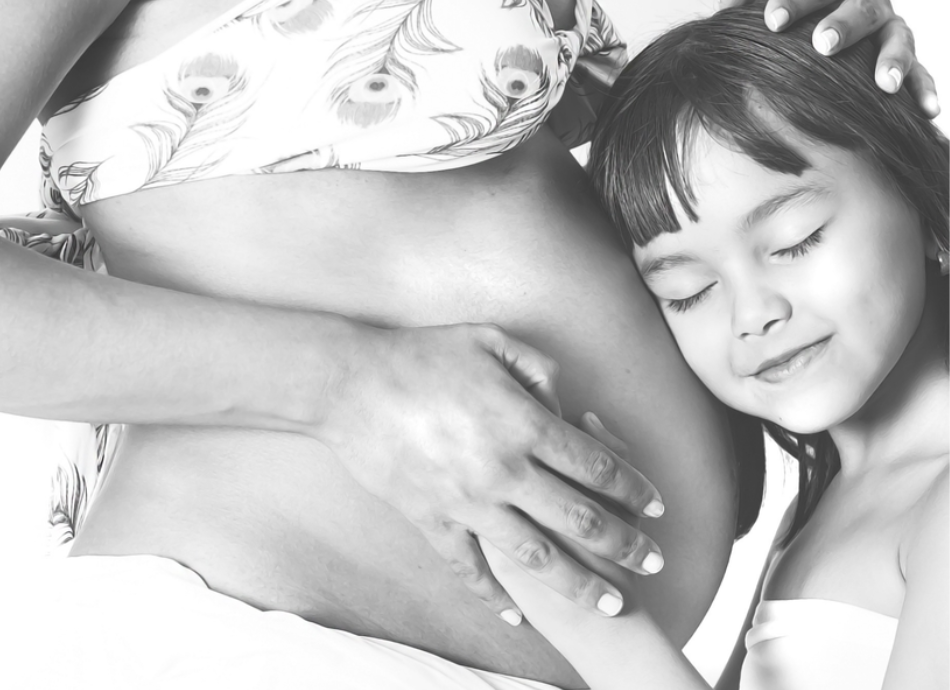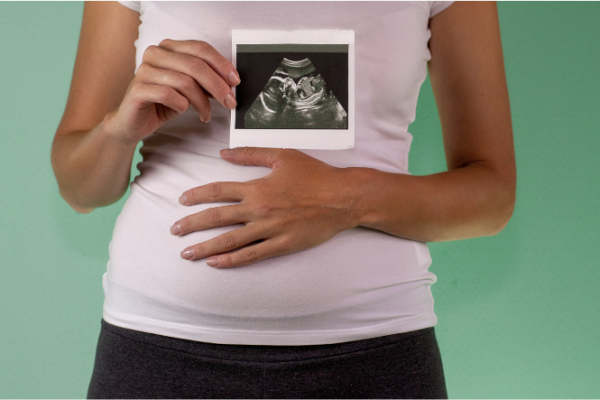There are 3 screening options, for the commonest genetic disorders, available for women in Aotearoa New Zealand who are less than 20 weeks pregnant. You should discuss with your GP or LMC if you want to have a test, which is optional.
First trimester combined screening
This is available if you are 11–14 weeks pregnant. It combines the results of a blood test (MSS1) and a nuchal translucency ultrasound scan with other information, such as your age and weight, to give a risk result. The blood test is free, but you may have to pay a part-charge for the ultrasound.
Second trimester maternal serum screening
This is available if you are 14–20 weeks pregnant and combines the results of a blood test (MSS2) with other information, such as your age and weight, to give a risk result. This blood test is free.
NIPT (non-invasive prenatal testing)
This newer test can be done at any time in pregnancy from 10 weeks onwards. It is a single blood test and currently you have to pay the full cost. It is more accurate than the other tests, although it is still a screening test. Read more about NIPT.
What do my results mean?
A low risk screening result cannot guarantee that your baby is healthy, for example some other conditions (eg, spina bifida) require diagnostic ultrasound.
A high risk screening result doesn't mean that your baby has a health issue, and the majority of babies with high risk results will be healthy. If screening shows that there is an increased risk for a genetic condition (like Down syndrome, Trisomy 13, Trisomy 18 or Turners syndrome), NIPT, amniocentesis or chorionic villus sampling (CVS) are the options available for diagnostic testing if you want this. Read more about amniocentesis.




